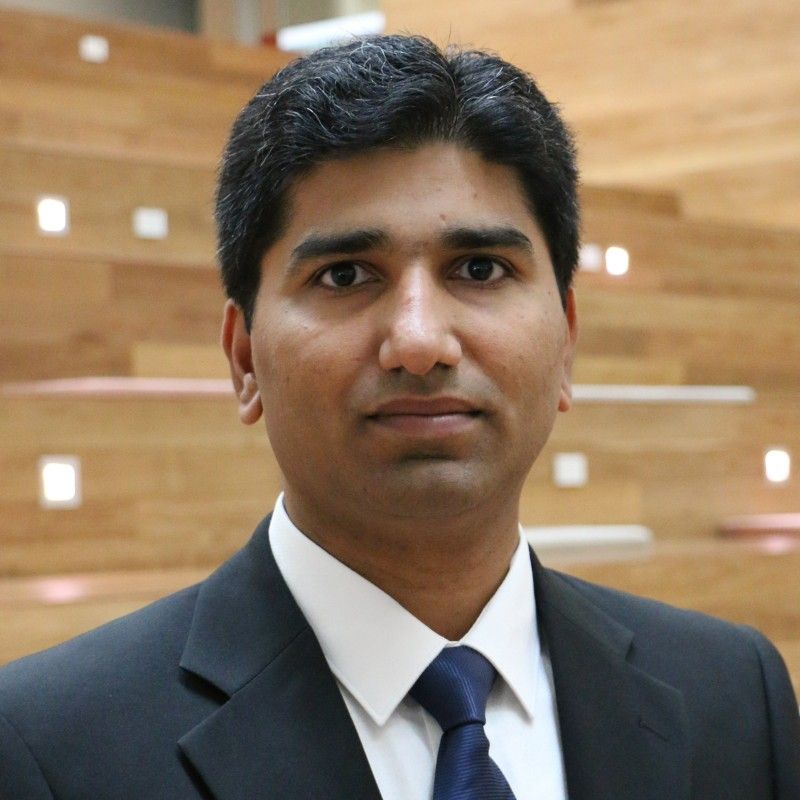Supervisors

- Position
- Adjunct Professor
- Division / Faculty
- Faculty of Engineering

- Position
- Associate Professor
- Division / Faculty
- Faculty of Engineering

- Position
- Lecturer
- Division / Faculty
- Faculty of Engineering
Overview
Power oscillation Damper (POD) in South QLD are used to provide sufficient damping to inter-area mode of oscillations (electro-mechanical modes). These oscillatory modes often change their characteristics due to changes in load dynamics and the inherent transmission system topology.
While the interconnections between generators and transmission lines have not changed over the recent years, there is a significant change in the embedded load dynamics. With high penetration of rooftop PV (including PV distributed at LV and MV level), in South QLD, the composite load model has changed dramatically. Conventionally, the load models used for the power system oscillation studies are constant PQ models. AEMO utilizes simple polynomial static load model (also known as ZIP model) for its time-domain and small-signal stability analyses. However, with significantly high penetration of distributed energy sources (primarily residential and commercial PVs), there is a need to incorporate an aggregated load model to represent the embedded D-PV in the power system simulations. The project will use measurement based approach for load modelling under closed loop.
This industry-based PhD project would particularly suit a candidate who is interested in applying and advancing their power systems skills to solve challenging problems. Experience in coding in a relevant programming language (e.g. MATLAB, PYTHON) would be advantageous. You will also gain experience in working and communicating with researchers from relevant power industry (Powerlink) advancing your potential career pathways post-PhD.
Research activities
- development of aggregated load model
- power system stability studies
- eigenvalue analysis.
Outcomes
Possible outcomes include:
- simulation model for composite loads
- recommendations on suitability of these models for power systems stability studies
- development of proficiency in power system modelling techniques.
Skills and experience
You should have:
- some coding experience in MATLAB
- basic knowledge of power systems modelling.
Scholarships
You may be eligible to apply for a research scholarship.
Explore our research scholarships
Keywords
Contact
Contact the supervisor for more information.